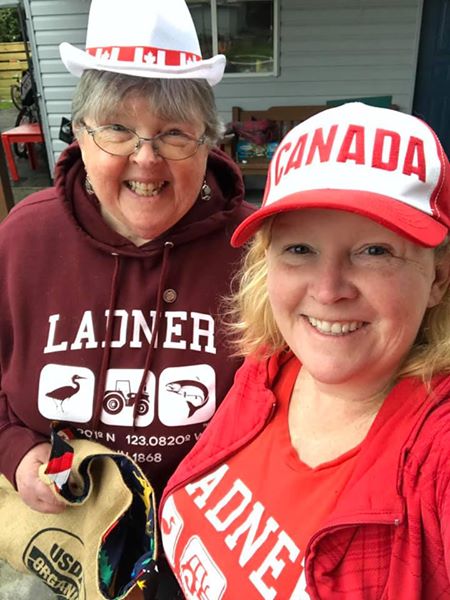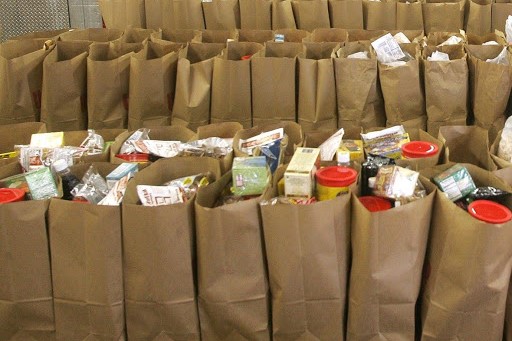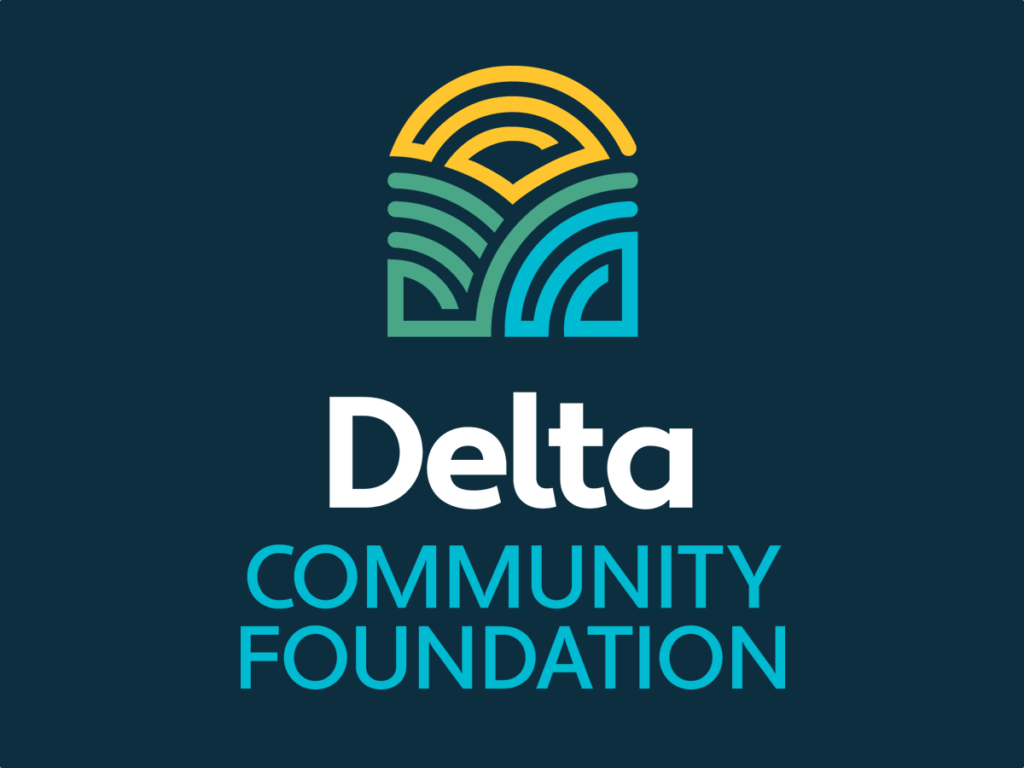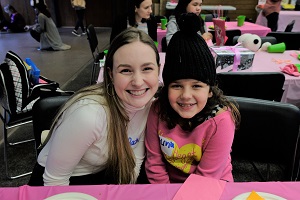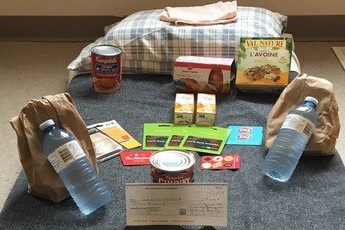Near by Far Canada Day Block Party with Neighbourhood Small Grant
Since most plans were cancelled on Canada Day, one family in Ladner thought it would be nice to connect with their neighbours and have a 7 pm parade around our block, with support from the Delta Foundation with a Neighbourhood Small Grant from funds through Vancouver Foundation.
One of the organizers says, Last year our street held our 1st block party and it was a success, so with most people home we sent out invitations for our neighbours to join us on the street (at the end of our driveways) for dinner, followed by the parade and doorstep photos.

